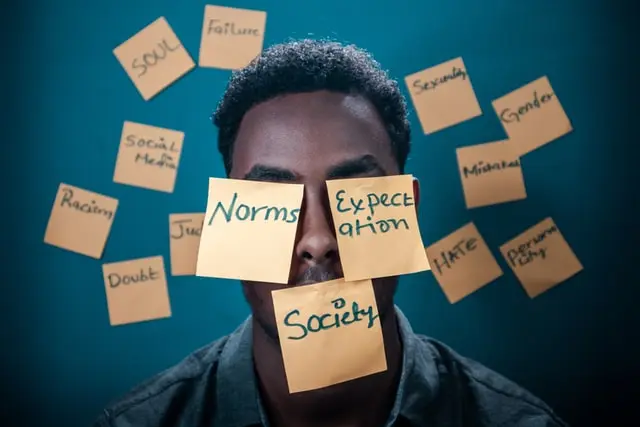
Have you ever been spending time with your friends and they bring up an activity that you would rather not participate in? However, after a chorus of “come on, don’t be boring” you finally gave in. You know you wouldn’t have done it on your own, and therefore, you have experienced peer pressure.
What is peer pressure exactly?
The Oxford dictionary defines peer pressure as “pressure from people of your age or social group to behave like them in order to be liked or accepted.” Your peers are your friends with whom you have daily interactions. You may have common hobbies and interests and you often influence each other’s thoughts and actions. A lot of the time, this is positive as it is simply human nature to grow and learn from one another. Sometimes, this influence can be a negative one, convincing you to do things you would otherwise avoid such as taking unnecessary risks, lying to parents, or underage drinking.
Peer pressure is often caused by the desire to fit in. People give in to peer pressure so that they feel less awkward, or to make new friends. Others may give in because they are afraid of rejection or of getting bullied. Those with low confidence look towards others to understand what conversations and actions are appropriate in a certain friend group. Those that get easily persuaded are pressured quicker. However, others that do not get persuaded easily may also be pressured by their peers.
Every one of us has found ourselves in a situation where we are being peer pressured. Often, you need to make a stand that may make you seem “uncool” to your friends. Other times, your friends push you to take risks and have new experiences. This is not peer pressure, but rather your peers influencing you. There are different ways to identify whether you are being peer pressured or just influenced by your friends.
Think about whether you are looking forward to the activity that is being suggested by your friends. If you are a bit nervous but also very excited for a new experience, chances are that this is just the influence of peers. If the thought of the activity makes you afraid or reluctant and you find no joy in participating in the activity, this is peer pressure.
The easiest way to avoid peer pressure would be to be comfortable enough to say “no” to your friends. Good friends will understand and accept you when you say a situation makes you uncomfortable. Another person standing against peer pressure with you makes it a lot easier to deal with. If you cannot manage to say “no” to your friend’s offer, there is another method you can use. Ask for an adult’s help. When you ask for permission to go somewhere, ask them to decline beforehand. That way, you save face with your peers without giving in to peer pressure.
Standing up to peer pressure takes a lot of courage, but it does help you in the long run. You may even have a positive effect on your friends who may be thinking the same things but may not have the courage to say anything. At the same time, remember to be open to influence from your peers. This will encourage you to take new risks while still being in your comfort zone, helping you grow as a person.
 Samaa is 17 years old and studies in the Bombay International School. She is passionate about politics, social activism, dance and guitar.
Samaa is 17 years old and studies in the Bombay International School. She is passionate about politics, social activism, dance and guitar.